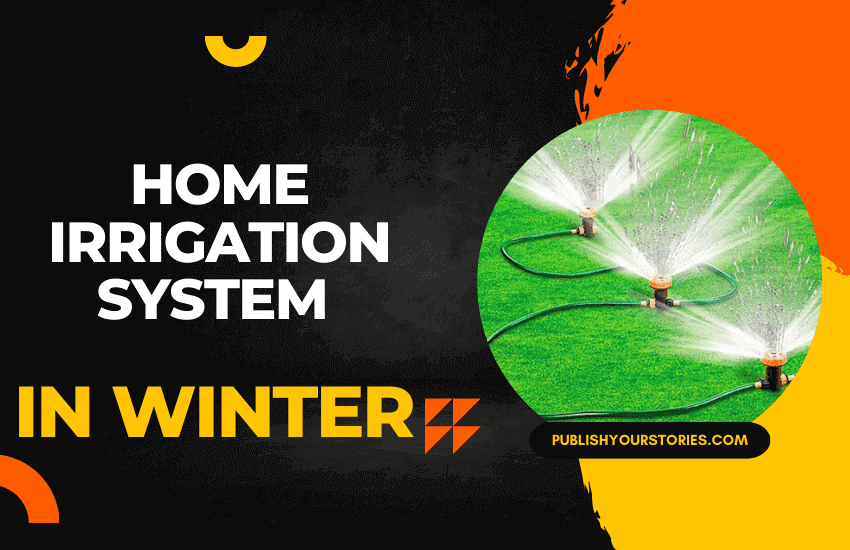Table of Contents
Your Home Irrigation System in Winter (5 Problems and Their Solutions)
Have you recently installed a lawn irrigation system? Then you know how important it is to maintain.
But how do you do that in winter?
Irrigation systems help you enjoy a lush green lawn in spring and summer. However, as winter is fast approaching, freezing temperatures can be a serious threat. This can lead to time-consuming and costly repairs or replacements.
Find out what problems a home irrigation system faces in the coldest months if it is not winterized.
What Happens If You Don’t Maintain Your Irrigation System in Winter?
Here is what can happen to your irrigation system if you fail to winterize it.
-
The Pipes and Fittings May Crack
Home irrigation systems go through a lot in winter. The water that remains in its pipes and fittings freezes and expands when the temperature drops below freezing. As there is no room left inside for them to expand further, it causes them to burst, thereby destroying the entire sprinkler system.
-
The Valves Could Burst
You will find your sprinkler system valve present on the irrigation line. While some are placed above ground, others are part of an underground irrigation system. Oftentimes, frost or cold air passing through them causes the valve to expand and crack. This prevents the free flow of water and needs to be repaired immediately.
-
The Sprinkler Heads May Break
A sprinkler head plays an important role in providing uniform and consistent water coverage around your lawn. In winter, it is one of the first things to break due to frost, and a broken sprinkler head can cause flooding and damage to the landscape.
Take These Steps to Prevent Winter Damage
To avoid the above-mentioned damages, it is best to protect your irrigation system in advance.
But how?
Winterizing it is the best way to prevent damage from freezing. Here is what you should do:
Step 1: Turn off the sprinkler water supply, located at the main valve.
Step 2: If you have an automatic sprinkler system, deactivate the timer for winter.
Step 3: Carefully drain the system using the blowout method.
Step 4: Use insulation tape to insulate the external components, including all exposed pipes, the main water shut-off valve, and the backflow preventer.
Home irrigation systems need proper protection in winter. Otherwise, you face costly repairs and replacements. The only solution is to winterize your irrigation system. However, consider doing it well before it starts to freeze to avoid any damage. If you don’t have the experience to winterize it yourself, consider hiring a lawn irrigation expert.


